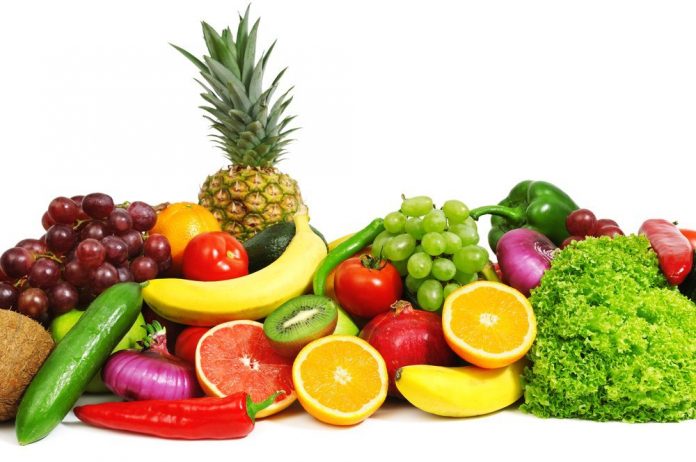Eating healthy has a direct impact on your mood and energy. By using the following simple tips, you can cut through the confusion and learn how to maintain a healthy diet that’s good for your body, mind and soul.
Set a realistic goal: Think about planning a healthy diet as a number of small, manageable steps—like adding a salad to your diet once a day—rather than one big drastic change. As your small changes become habit, you can continue to add more healthy choices.
Eat in Moderation: Eating in moderation means eating a balanced meal—only as much food as your body needs. You should feel satisfied at the end of a meal. . Despite what fad diets say, we all need a balance of all essential nutrients to sustain a healthy body.
Reduce Sugar Intake: Too much sugar causes energy spikes and has been linked to diabetes and depression.
Eat a Rainbow of Fruits and Vegetables: They are low in calories and nutrient dense, which means they are packed with vitamins, minerals, antioxidants, and fiber.
Eat More Fiber: Eating foods high in dietary fiber can help regulate your bowels, lower your risk for heart disease, stroke, diabetes, and help you lose weight. Good sources of fiber include whole grains, wheat cereals, barley, oatmeal, beans, and nuts, vegetables such as carrots, celery, and tomatoes, and fruits such as apples, berries, citrus fruits, and pears.
Eat more healthy Carbohydrates: Choose healthy carbohydrates and fiber sources, especially whole grains, for long-lasting energy. Whole grains are rich in phytochemical and antioxidants, which help to protect against coronary heart disease, certain cancers, and diabetes.
Calcium for Bone Health: Your body uses calcium to build healthy bones and teeth to keep them strong as you age, send messages through the nervous system, and regulate the heart’s rhythm Good sources of calcium includes milk, yogurt, cheese, collard greens, kale, romaine lettuce, celery, broccoli, fennel, cabbage, summer squash, green beans, Brussels sprouts, asparagus, crimini mushroom, black beans, pinto beans, kidney beans, white beans, black-eyed peas, or baked beans.
Put protein in perspective: Protein gives us the energy to get up and go—and keep going. While too much protein can be harmful to people with kidney disease, the latest research suggests that most of us need more high-quality protein, especially as we age. Eat plenty of fish, chicken, or plant-based protein such as beans, nuts, and soy are ideal.
Enjoy healthy fats: Despite what you may have been told, not all fats are unhealthy. While “bad” fats (found in processed foods) can increase your risk of certain diseases, “good” (found in plants and fishes) fats are essential to physical and emotional health. Foods rich in certain omega-3 fats, for example, can reduce your risk of cardiovascular disease, improve your mood, and help prevent dementia.
Cut down salt. Sodium is another ingredient that is frequently added to food to improve taste, even though your body needs less than one gram of sodium a day (about half a teaspoon of table salt). Eating too much salt can cause high blood pressure and lead to an increased risk of stroke, heart disease, kidney disease, memory loss, ETC. Use herbs and spices such as garlic, curry powder, etc. to flavor meals instead of salt. Be careful when eating out, as most restaurants and fast food meals are loaded with sodium. Buy unsalted nuts and add a little of your own salt until your taste buds are accustomed to eating them salt-free.
Ms. Danah Quintana
Clinical Dietitian
Bahrain Specialist Hospital
Email: danahquintana@bsh.com.bh
Tel: 17812137

